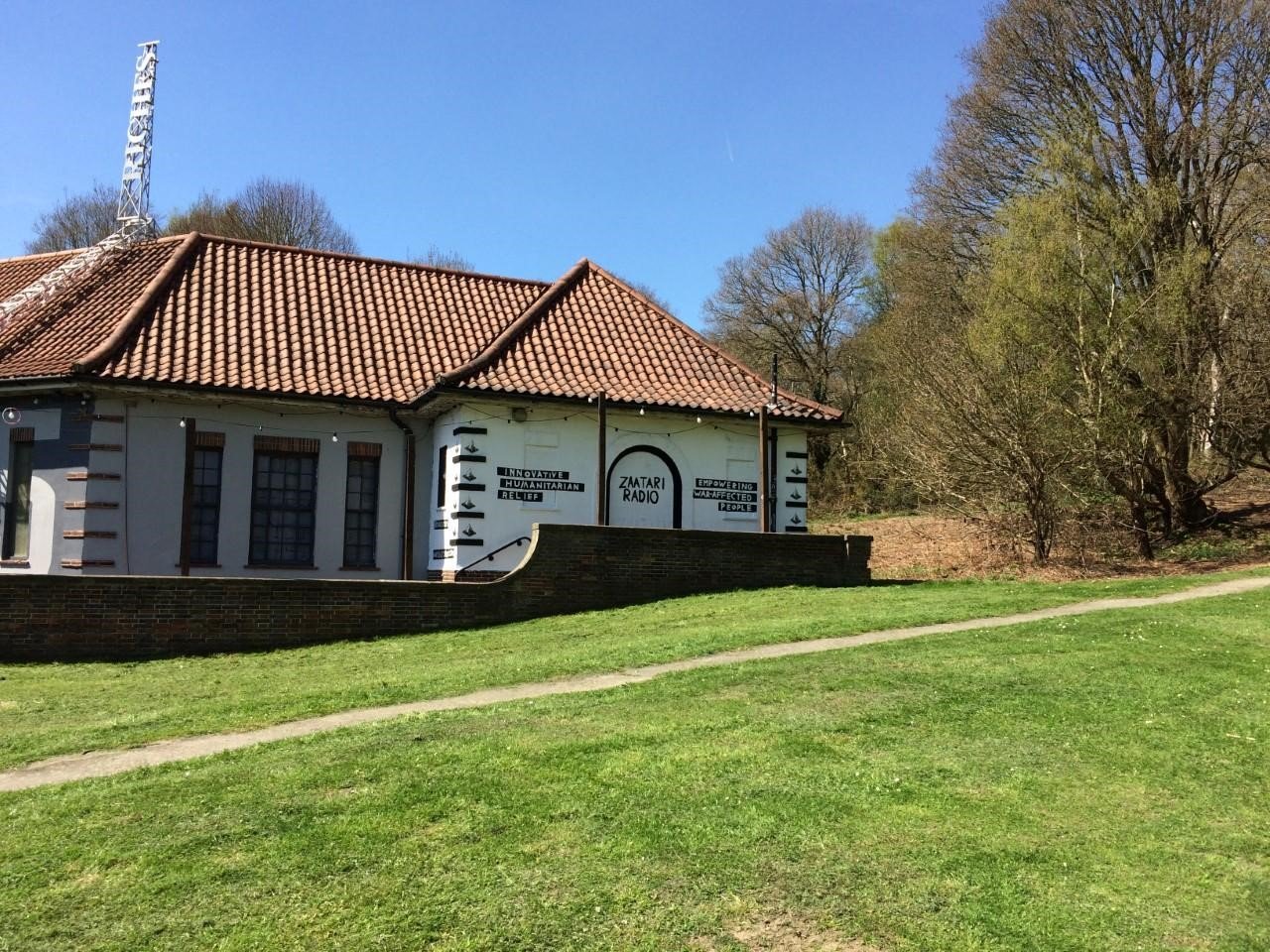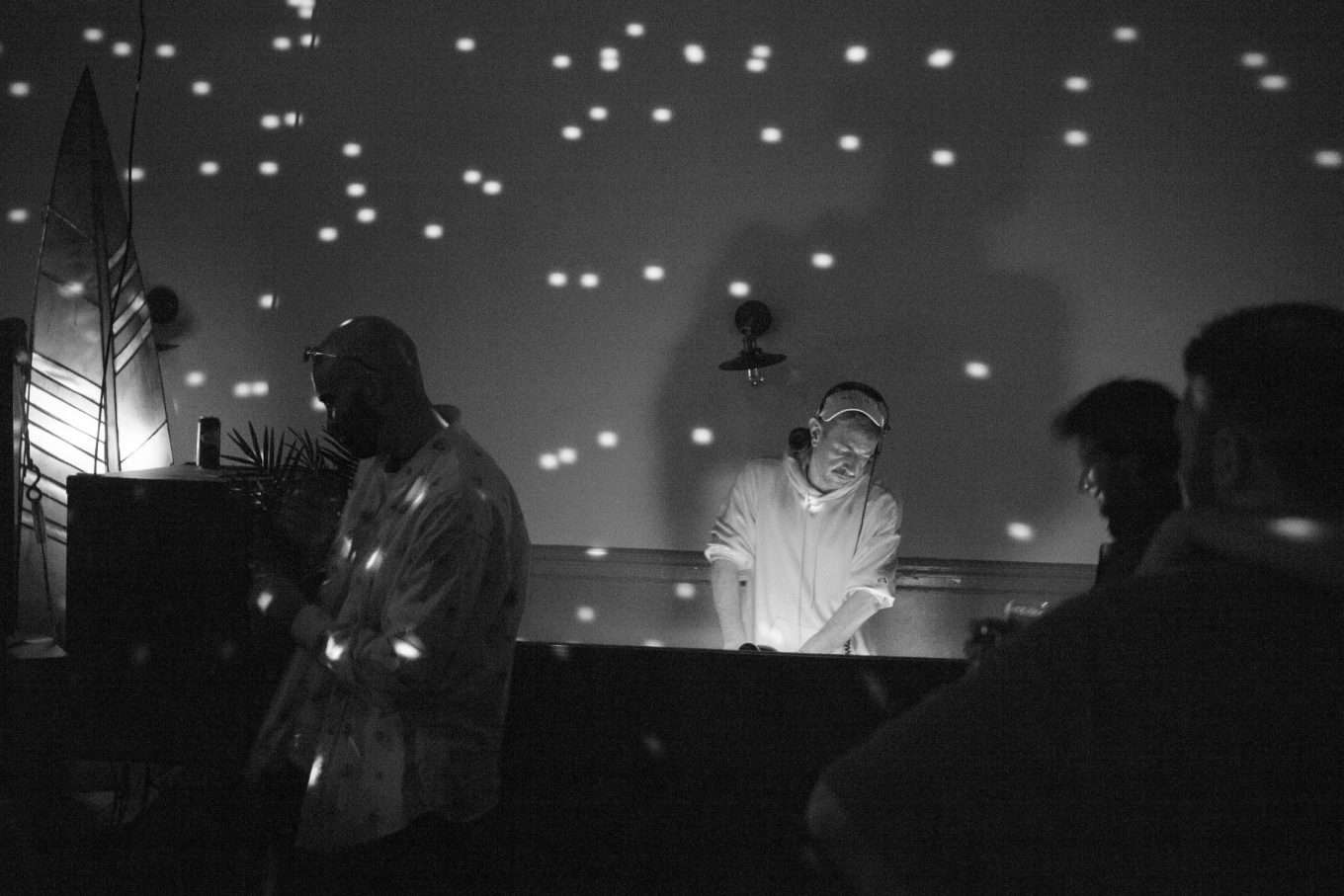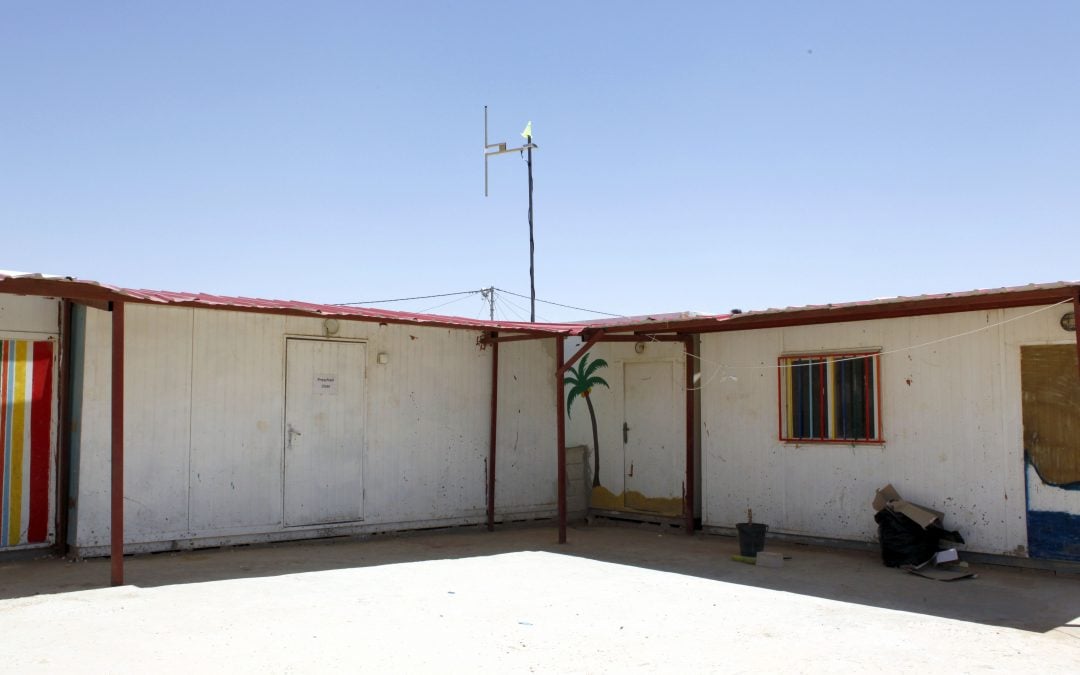Have you ever wanted to start a humanitarian project from the ground-up, but didn’t know how to start? Gaining experience in the humanitarian field can be a difficult task, particularly within large NGOs where employment spaces are not only extremely competitive but also require a fair bit of prior experience. While studying, the desire to participate in humanitarian work for these agencies seemed like the end-goal of my University education; however, despite completing an undergraduate degree followed by a postgraduate course, my ambition to work for an NGO continued to be a far cry from reality. If this sounds familiar do not worry: perhaps it is time to look more grassroots and create your own humanitarian project! Creating your own humanitarian project can seem like a just as daunting task, and a number of questions arise: What is the focus of the project? Where does it take place? How will we fund it? How would we get things running on the ground?
These are the immediate questions that first sprung to mind when I decided to undertake the task of creating my own humanitarian project: Zaatari Radio. I write this blog post during the first week of a two-month stay in Jordan, during which myself and what now has become the Zaatari Radio team, will begin work on establishing a refugee run radio station for the war-affected community of Zaatari. To get here was a bumpy ride, to say the least, but in doing so the experience and lessons I have learnt along the way can provide guidance to those considering a similar path, and offer answers to the questions above to make the task seem a little less disconcerting.

A community-based project, based around a community of supporters.
So… where do we begin?
You’ve done the hardest part already! Taking the plunge and saying to yourself “I am going to do it” takes enough courage and self-belief to overcome any of the challenges you’ll face in getting things going on the ground. So it’s all plain sailing from here? Well… these challenges can be unpredictable, however, with this guide, I hope you’ll be as prepared for them as possible.
The best place to start is focusing your efforts on a particular area of interest and expertise for yourself: the humanitarian field is complex and a difficult environment to navigate. Starting things off by aiming to end the humanitarian crisis will only set you up for failure. Focusing on a particular area of interest and expertise does not water down the value of the project, but serves to better channel your skills set and make for a more successful project. Moreover, consider the amount of time and effort you will dedicate to the project; to enjoy the journey along the way will no doubt make for a more successful outcome, and a project that may not grab your immediate focus could become tiresome and lose momentum. If you had not guessed already, for me this was radio. Not only does refugee radio fit within an “innovative humanitarian relief” framework, but it was also a medium for communication that I had been involved with whilst studying at University. The project takes a people-centred approach to humanitarian response, empowering displaced communities to overcome the challenges they face living as refugees in Zaatari through the medium of radio. After assessing these challenges with help from Needs Assessment reports published by UNHCR and Acting For Change International, we highlighted three challenges our project could address: fulfilling information gaps such as services available to refugees, broadcasting health campaigns about critical health issues, and providing a platform to enable refugee and host-community communication.
Without avoiding cliché, there was a “Eureka!” moment: in a week where I had just hosted my first radio show on my favourite independent radio station, and after reading about a refugee run radio station in Uganda, Zaatari Radio was born. Moreover, this moment in time and place where Zaatari Radio began leads onto the next key recommendation to ensure the successful creation of your own grassroots humanitarian project…
Expand your project in every sense of the word: partnerships, followership and friendship.
Reaching out to organisations already operating on the ground is crucial to ensure the successful running of your project in many ways. We were lucky enough to partner with Acting For Change International, and it’s fair to say our project would not have reached this point without this collaboration. It’s worth considering the organisation you are planning to contact: where they are based will usually dictate where you will be implementing your project, ordinarily smaller organisations will be more receptive to collaborating, and you want to find an organisation whose focus best supplements the focus of your project. Acting for Change is an organisation based in Jordan providing education to refugees in Zaatari Village, and their ambition to expand their centre to a community hub for the area matched our objective to provide a community-based radio project, as well as providing radio focused workshops for refugees who attend their school. Zaatari Village is located 1km from Zaatari Refugee Camp, a small town that has doubled its population since the beginning of the Syrian War with displaced people, however due to its proximity outside of Zaatari Camp the village lacks the same thorough humanitarian infrastructure. I really cannot understate how helpful the organisation have been both logistically and practically for our initiative. The task of relocating to a foreign country to run the project becomes far more manageable with a constant reference point for any questions we had regarding implementing the project and moving to Jordan. The physical space to run the radio has been provided through Acting For Change, as well as guiding us with the technicalities and necessary nuances of broadcasting radio aimed for refugees.
Two brains are better than one and lucky enough for Zaatari Radio the project has grown organically to three full-time members after reaching out to friends for advice on the project. Running a humanitarian project is an encompassing task, and the more people working on it will not only share the workload but also offer chances for people to apply their own expertise that makes for a more thoroughly prepared project. I was lucky enough to have two close friends who had previous experience in the humanitarian sector and as a music technician covering radio, however, this may not always be the case! Look at reaching out beyond your immediate circle to those attending where you are studying, social media groups within the field, and to similar humanitarian organisations.
All good projects need a following to share the fantastic work you are doing and raise awareness for the issues your project is tackling. Engaging with this is a two-way street and leads to your project growing outwards: beyond sharing our project message, followers have volunteered to organise fundraisers, donated mixes to our podcast series, and invited us to feature on their own radio shows. A following can appear as a spontaneous reaction to your work, however in reality behind every project is a targeted social media marketing campaign. Of course your close friends and family will be interested in your work, but careful consideration is necessary to share your work with as many people as possible! Zaatari Radio was part-born out of my involvement within Radio in London, and I was in a natural position to share the project with other people within the industry that meant our following gathered speed from the offset. People immediately identified with the empowering nature of radio within their own life and were not hesitant to support and encourage a radio-based project that empowered displaced communities further afield. Consider the nature the of your project and create a following around this: perhaps if it is a bike-based project you can contact the cycling community, or if its arts centred reach out to artistic communities who can identify with the key ethos of your project. In doing this you are building a movement around a specific issue, fostering innovation across communities beyond your own initial project.
Funding is not a barrier to innovation, but an opportunity to build a community
Running your own humanitarian project is not cheap, and it is natural to look beyond your own personal finance to support your work. Much like your project itself, the means to funding should be imaginative and innovative to not only ensure you raise enough funds but also catch the attention of those supporting your project to build your following even more. Those supporting your project will want to know those behind it are capable and trustworthy; so do not be afraid to aim big! We financed Zaatari Radio through fundraisers, merchandise and Crowdfunding. However, other avenues to support your work exist!
Born out of the radio and electronic music scene in London, it was only natural for Zaatari Radio to host dance party fundraisers. Beyond the money they raised, it was an excellent opportunity to reach out to innovators within the radio industry to expand our reach, as well as host an entertaining evening for those who followed our work. The traction it gave our project was invaluable, and the behind the scenes organisation granted legitimacy to our capacity as a trustworthy project to support. We also ran a line of the merchandise based on a brand image to assist in not only fundraising but giving people the opportunity to feel like they were a part of the community we were building. Those wearing your merchandise are representing the project, so rather than merely printing cheap t-shirts to generate as much profit as possible, we chose a local screen printer who used climate neutral and fair trade cotton to match our community ethos and ethical stance. Again, these were just as much about generating income for the project, as expanding our reach and project message!
However, our greatest point of funding came from a successful Crowdfunding Campaign on Kickstarter. An entire article could be written on the process of a successful crowdfunding campaign, so for the purpose of this blog, I’ll keep it short…do your research! From carefully choosing your crowdfunding platform to creating a video and pledge rewards, each step requires careful consideration to ensure you run a successful campaign. A good place to start is spending some time going through the successful campaigns of similar humanitarian projects and composing a list of the features that worked best for them.

Ruf Dug performs at our first fundraiser.
You are all ready to get things going on the ground, now what to expect?
I write this blog post at the beginning stages of our project in Jordan, so I can only offer my own expectations on the weeks ahead. Of course, we have a meticulously planned and revised our project, but just after a few days, we have encountered numerous curveballs and issues that simply cannot be accounted for. This is to be expected when you are testing and at the early stages of your innovation process. Of course, it is crucial to design the project in a flexible manner to ensure that you are ready to adapt to any problems that arise but do not lose sight of your project objectives. How will local customs affect the running of Zaatari Radio? Were all regulatory frameworks considered when planning the project? How will we adapt to the sensitive nature of broadcasting within humanitarian work? Have we adequately prepared for the security of the equipment? Is there enough interest in radio to ensure the project is sustainable?
I would like to think that we have answers for these questions, but in reality on the ground is a world away from running the project in theorem. We will only know the true answers over the coming weeks, and perhaps we will encounter what could have been done differently to ensure the successful running of our humanitarian project. The next blog post will detail how the project planned out vis-à-vis our expectations, offering guidelines from our own experience.
Feedback
This blog post aims to detail guidelines on starting a grassroots humanitarian project, and offer expectations in the weeks to come. We’d love to hear about your own experiences and additional tips on grassroots projects, and how this article has helped you along the way.
But the takeaway point to start is: give it a go and you can do it! Good luck!
If you want to follow our journey at Zaatari Radio – stay tuned and discover more here:
- Website: https://www.radiozaatari.com/
- Instagram: https://www.instagram.com/radiozaatari/
- Twiter: https://twitter.com/radiozaatari
- Soundcloud: https://soundcloud.com/radiozaatari

